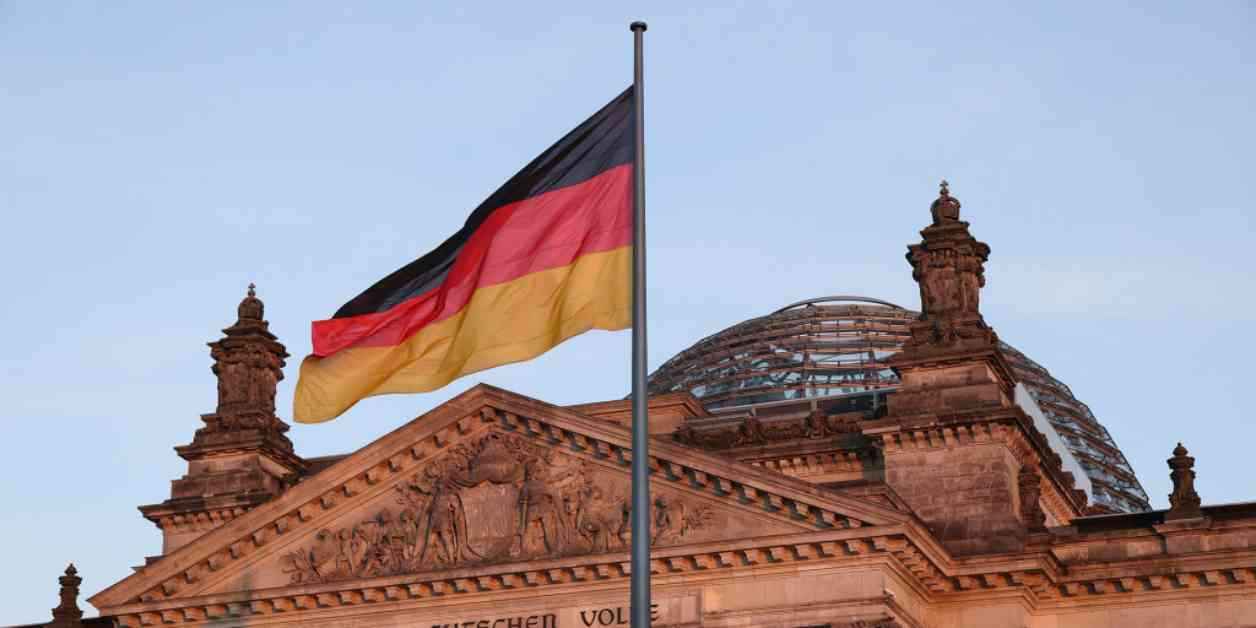A far-right political party, Alternative for Germany (AfD), has made significant gains in the German general election, securing second place with 19.8% of the vote. The center-right Christian Democratic Union (CDU) is poised to lead coalition talks to form the next government, holding the lead with 28.7% of the vote, according to an exit poll released at 6:21 p.m. local time. The rise of the AfD, a party under surveillance for suspected extremism, has shocked many in Germany, a nation with a deep awareness of its Nazi past.
The AfD’s surge into the political mainstream comes amid a broader far-right movement in Europe, which has begun to form connections with figures in the White House, including Elon Musk and Vice President JD Vance. The party’s growth has been fueled by concerns over Germany’s economy, the conflict in Ukraine, and a series of attacks within the country, some carried out by individuals with a migrant background. Despite its electoral success, the AfD is unlikely to be part of the government due to the coalition system in Germany, where cooperation among parties is essential.
AfD leader Alice Weidel hailed the election outcome as a “glorious” success, marking a significant milestone for the party, which has seen its vote share double since the last election in 2021. The current Chancellor, Olaf Scholz, of the Social Democratic Party, faced disappointing results in the exit poll, securing only 16% of the vote. Scholz condemned the rise of the far right, emphasizing that such ideologies must never be accepted.
President Donald Trump took to his Truth Social platform to comment on the election, describing it as a “great day for Germany” and comparing the conservative party’s victory to the political shift in the United States. The socialist Die Linke party surpassed expectations with 8.5% of the vote, while other parties, like the Freedom Party and the Sahra Wagenknecht Alliance, are striving to reach the 5% threshold needed to enter the German parliament.
Germany’s electoral system necessitates cross-party coalitions, making it challenging for a single party to govern alone. Negotiations between the CDU, SPD, and Greens are expected to take place in the coming weeks or months. Despite the AfD’s second-place position, there is a widespread sense of alarm across Germany, as seen in the protests outside the party’s election venue in Berlin.
At the Ständige Vertretung pub in Berlin, where election watchers gathered to follow the results, mixed emotions were palpable. Sabine Teichmann, a retired nurse, expressed reservations about excluding the far right from democratic discussions, emphasizing the importance of dialogue. Jens Singer, a comedian from Cologne, lamented the center-left SPD’s performance, drawing parallels to the political landscape in the United States.
As the results of the German election continue to reverberate, the country faces a period of uncertainty and reflection. The rise of the AfD, alongside broader political shifts in Europe and beyond, underscores the complex challenges of the modern democratic landscape.


